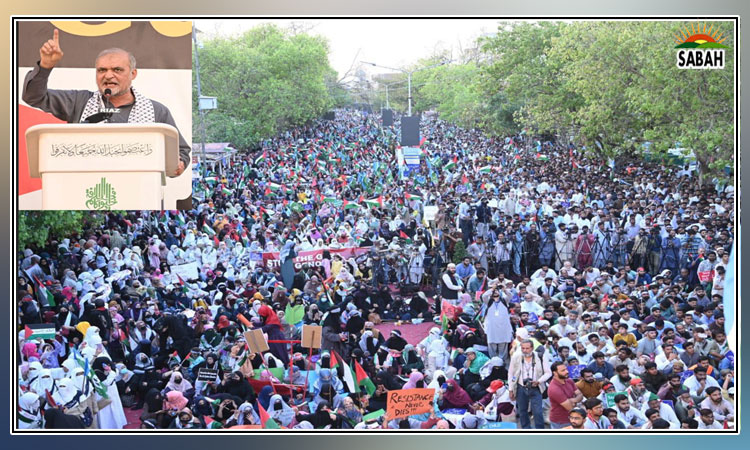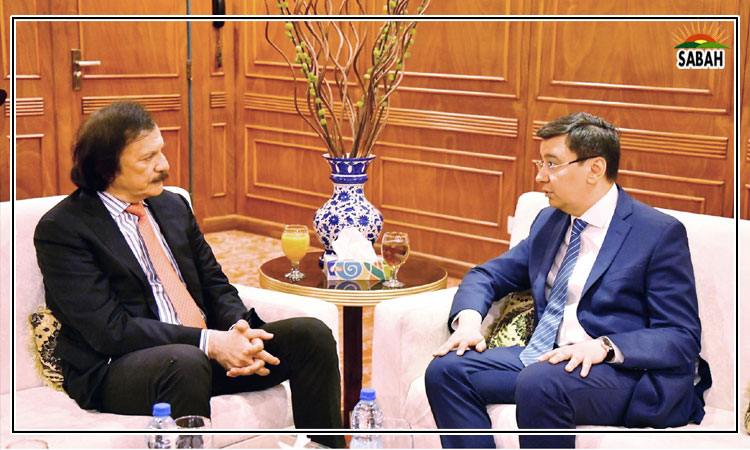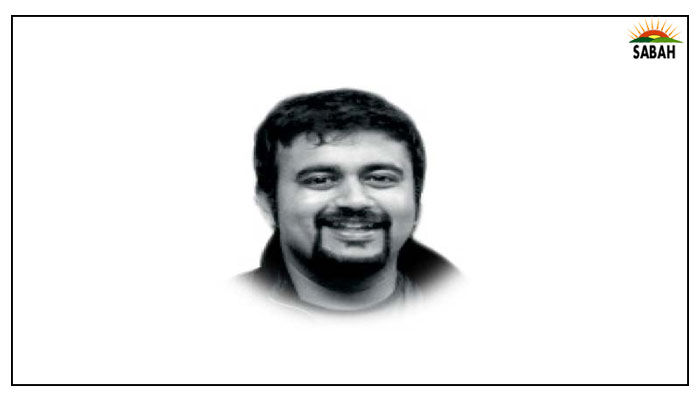Electoral rolls conundrum… Adnan Anjum
With the delimitation of constituencies currently underway, the Election Commission of Pakistan (ECP) is steadfast in its commitment to simultaneously revise and update the electoral rolls. In a press release dated August 25, 2023, the ECP announced its efforts to complete this revision before the upcoming elections. Nevertheless, there are grave concerns surrounding the entire undertaking, as the Elections Act, 2017, elaborately outlines the process and timeline for electoral roll revision, which could potentially lead to further delays in elections.
Given the new demarcation of electoral boundaries, the number of voters may undergo a shift from one electoral area to another. By the proposed completion date of November 30, 2023, constituents will have to be adequately informed about these changes. Furthermore, they must be given sufficient time to make necessary corrections, deletions and modifications to their voter information, as stipulated by the Elections Act, 2017. However, by November 30, the ECP will have only completed the delimitation exercise, potentially necessitating more time to address these crucial processes.
Another pressing issue is that the electoral rolls were last updated on June 20, 2023. Considering the substantial time gap until November 30, 2023, approximately six months, several new National Identity Cards (NICs) may have been issued, individuals could have relocated, and unfortunately, some may have also passed away. This raises questions about whether the ECP can effectively manage these changes within the defined timeframe, especially given the extensive task of redrawing electoral boundaries. Is it plausible that the ECP may require an extension to display the electoral rolls, allowing voters to review and make additions, deletions, modifications or corrections? Would the ECP undertake the updating process right after publishing only the preliminary list of delimited constituencies?
According to the Elections Act, the ECP must publish the preliminary version of the electoral rolls and display them for a minimum of 30 days. During this period, any individual can apply for inclusion of their name in the electoral roll, raise objections, or request corrections to entries in the preliminary electoral rolls. Subsequently, a considerable amount of time will be needed to finalise the rolls. Considering the consistent increase in the number of voters between the last two electoral cycles and roughly calculating a monthly average, approximately 350,000 voters were registered each month. Between GE-2013 and GE-2018, a total of 19,810,437 voters were added to the electoral rolls. A similar trend can be observed between GE-2018 and the last electoral update in June 2023, with an increase of 20,066,635 voters.
Updating the electoral rolls simultaneously with the delimitation exercise is a monumental task. This could potentially jeopardise the entire process of revising and updating the electoral rolls. Rushing through such a massive undertaking may lead to oversights, exacerbating the existing chaotic and uncertain situation. Failure to adequately inform voters about where their vote is registered after the delimitation exercise could further stoke agitation and distrust in the electoral process and its outcome. To address this, the ECP must launch extensive public awareness campaigns to inform voters about the necessary adjustments, modifications and corrections. Furthermore, the ECP should uphold the integrity of the defined legal processes.
Given the current state of affairs, which is already marked by uncertainty and polarisation, the ECP must maintain transparency in its actions. The delay in the election timeline has already sparked a debate as it is not prescribed under the Constitution. Amid this constitutional dilemma, selective enforcement of electoral law can cast a negative shadow over the entire electoral exercise. On the other hand, any further delays in the election timeline can further exacerbate the already fragile state of affairs in the absence of an elected government.
Courtesy The Express Tribune












